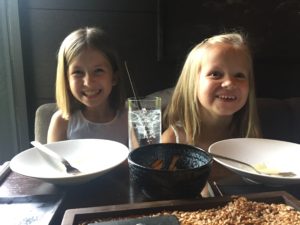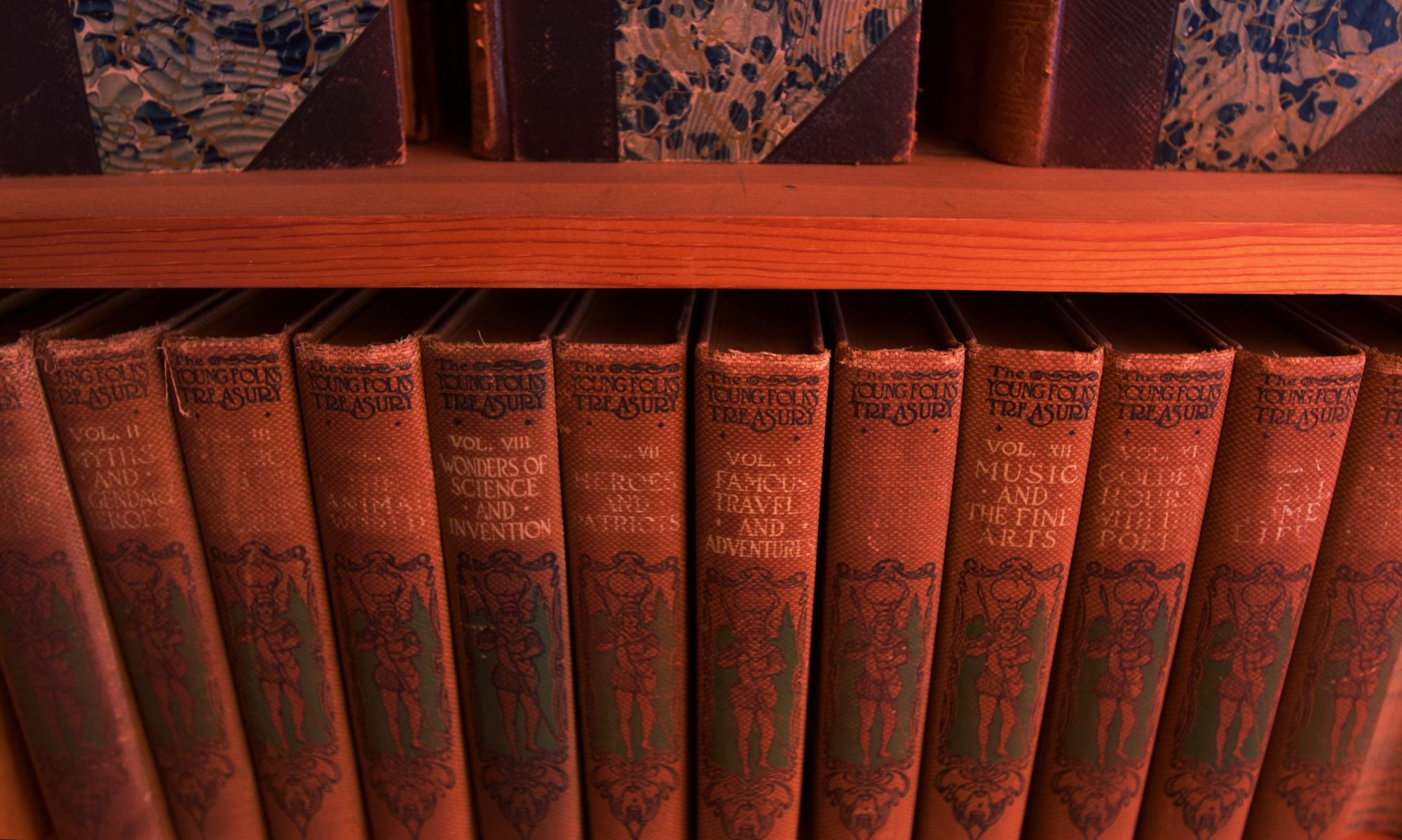
The world has many voices. Regarding food and diet, they can be rather confusing. One day butter is in, then it is out. The next day, it’s carbs. Or sugar. Or protein. One study proves a result, and then another study disproves it. And every week, a new diet promises to be the real deal– the way to live the healthier, leaner, better version of yourself than you are today.
In the midst of all that noise, what do you believe?
I, myself, can become entangled. A few years ago, I watched the documentary “What the Health?”. It totally freaked me out about the meat and dairy industries, so then I read The China Study, a long and detailed breakdown of the evidence supporting a whole food, plant-based diet. Then I cut meat out of most weekday meals, and you (my children) started asking questions like, “Do these meatballs have meat in them?”, something I never dreamed my kids would think to ask. After all, I am a Texan hunter.
I became a little stressed. I’d stand in the Lunchables aisle at the grocery store and think, “These would make my life so much easier, but deli meat will poison my kids!” It was not a place of peace.
The many voices may come, in time, to steal your peace, too.
In the midst of my “whole food” revolution, I studied Finding I Am by Lysa Terkeurst. An entire week of that study was dedicated to Jesus’ statement: “I am the bread of life.” I wondered how bread could ever be bad for us, if Jesus called Himself the Bread of Life. So I started reading about bread.
I learned that today’s manufactured bread has dozens and dozens of ingredients, while the ancient bread required only flour and water. I watched the “Air” episode of Cooked on Netflix about real, slow rise bread, and bought a “real bread” cookbook.
Bread is a miracle. When you take ground wheat from the earth and add water and air, those three things come together and transform into something new and alive that, when you add fire to bake, becomes bread. A gift from Heaven. Like manna. A miracle by which the seed (full of vitamins, minerals and potential) becomes something digestible, healthy, satisfying and delicious. Real bread is a gift from God.
So what else, I wondered, could the Bible tell me about food?
What I found silenced the many voices. What I found was a love letter of freedom.
God says in the Bible that all food is intended for His glory, and it’s all there to be enjoyed and savored, to satisfy our hearts. Meat, green plants, fish, honey, quail, bread, and even wine. Food doesn’t commend us to God, or make us better or worse in His sight. God welcomes us to eat and be filled, and to praise Him in it.
He cautions that not all food is profitable, and that we shouldn’t allow it to master us. He says definitively to never eat or drink if it causes another to stumble. But we shouldn’t obsess over it, worry about it, or let it steal our joy.
He points out that dieting is of only limited profit, and He begs us to set our sights on godliness instead. He says a beautiful woman who lacks discretion is like a gold ring in a pig’s snout, and a truly beautiful woman is the one who fears Him.
I encourage you, my daughters, to go to Him with your own questions. He knows what worries you. He anticipated it, and spoke into it. The message is one of freedom, love, and grace.
Our families always want to feed us. Moms, aunts, grandmothers. They say, “Eat something,” or “Let’s put some meat on those bones,” as they pull out a pot and ladle it up. I do this for you. You will do it to your children. But the Father of all families– He “from whom every family in heaven and on earth gets its name” (Eph 3:15)– does it, too. He says, “Eat, drink, and be merry. Let me make you some food. Tell Me, what do you think? It’s good, isn’t it? And it’s all for you.”
[I wrote down all the Bible verses about food that I found and have shared them with you here.]
